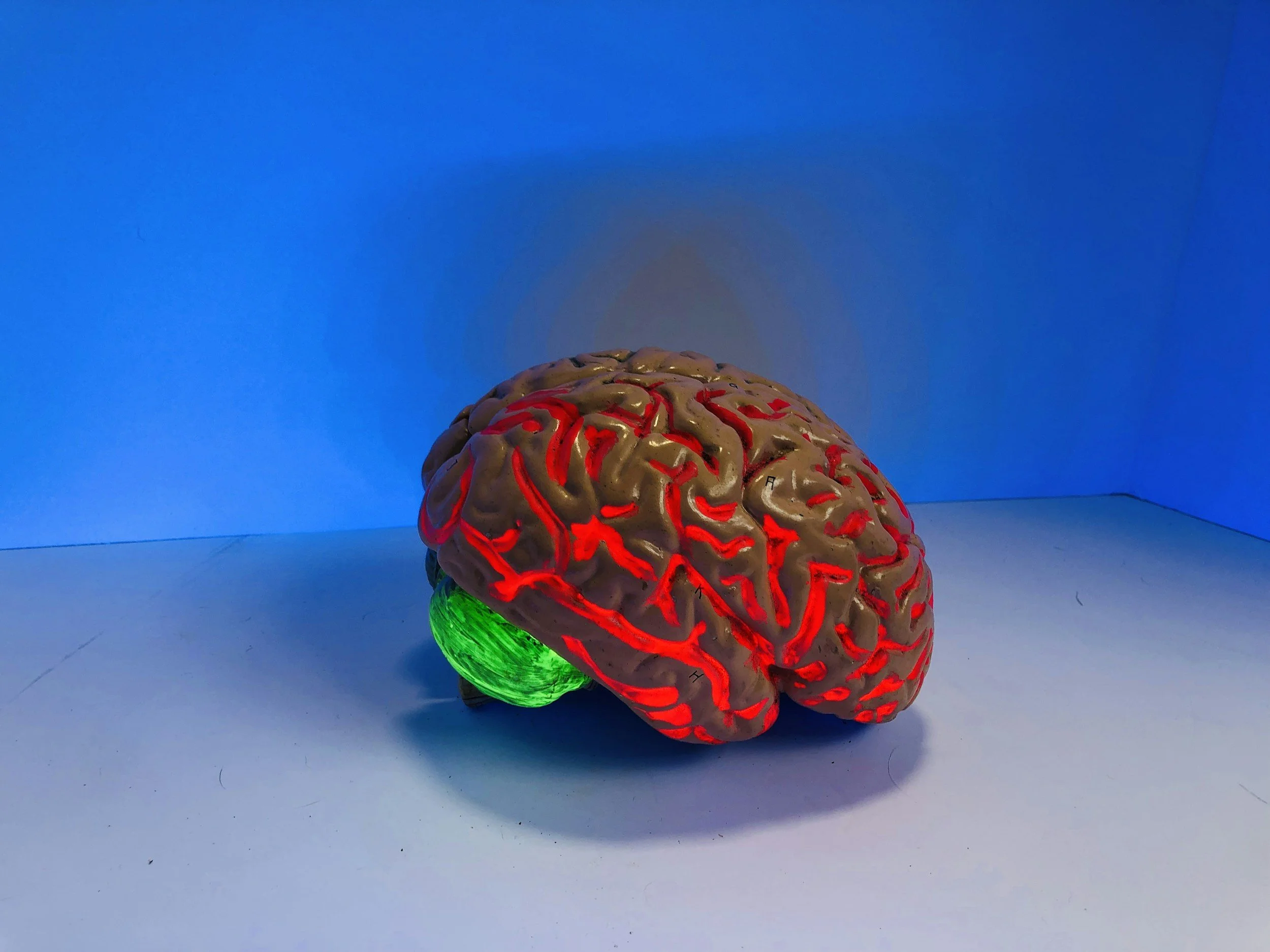
Mindfulness
Mindfulness: The Art of Being Present
What is Mindfulness?
Mindfulness is the practice of being fully conscious and aware in the present moment. It involves calmly acknowledging and accepting our thoughts, emotions, and bodily sensations without judgment. While often linked to spiritual practices, mindfulness is more about tuning into our own instincts and intuition, helping us develop greater personal situational awareness.
Understanding Human Instincts and Senses
We rely on three core instincts:
Head instinct – Logical thinking and reasoning
Heart instinct – Emotional intelligence and empathy
Gut instinct – Intuitive decision-making
Alongside these instincts, we also experience life through our five primary senses:
Sight, Hearing, Scent, Taste, and Touch.
These work together to alert us when something feels "off," whether physically or mentally.
Mindful Behaviours and Safer Coping Strategies:
Stress and Its Impact on Wellbeing:
Stress affects everyone differently. While some thrive under pressure, others struggle when overwhelmed. Think of stress like a bank account—you have a limited balance, and every stressful situation withdraws from it. Without mindful strategies to replenish it, constant stress can lead to mental and physical exhaustion.
Many people cope with stress in unhealthy ways, such as alcohol, substance abuse, or destructive behaviours. Instead, practicing mindful behaviours and safer coping strategies can help restore balance before reaching a breaking point.
Finding What Works for You
Mindfulness is not a one-size-fits-all approach. Everyone has different stress triggers and coping mechanisms. Experiment with different strategies and adopt what resonates with you.
"We grow through what we go through"
By incorporating mindful behaviours and safer coping strategies, you can maintain a healthier balance between your mental, physical, and emotional wellbeing.
















